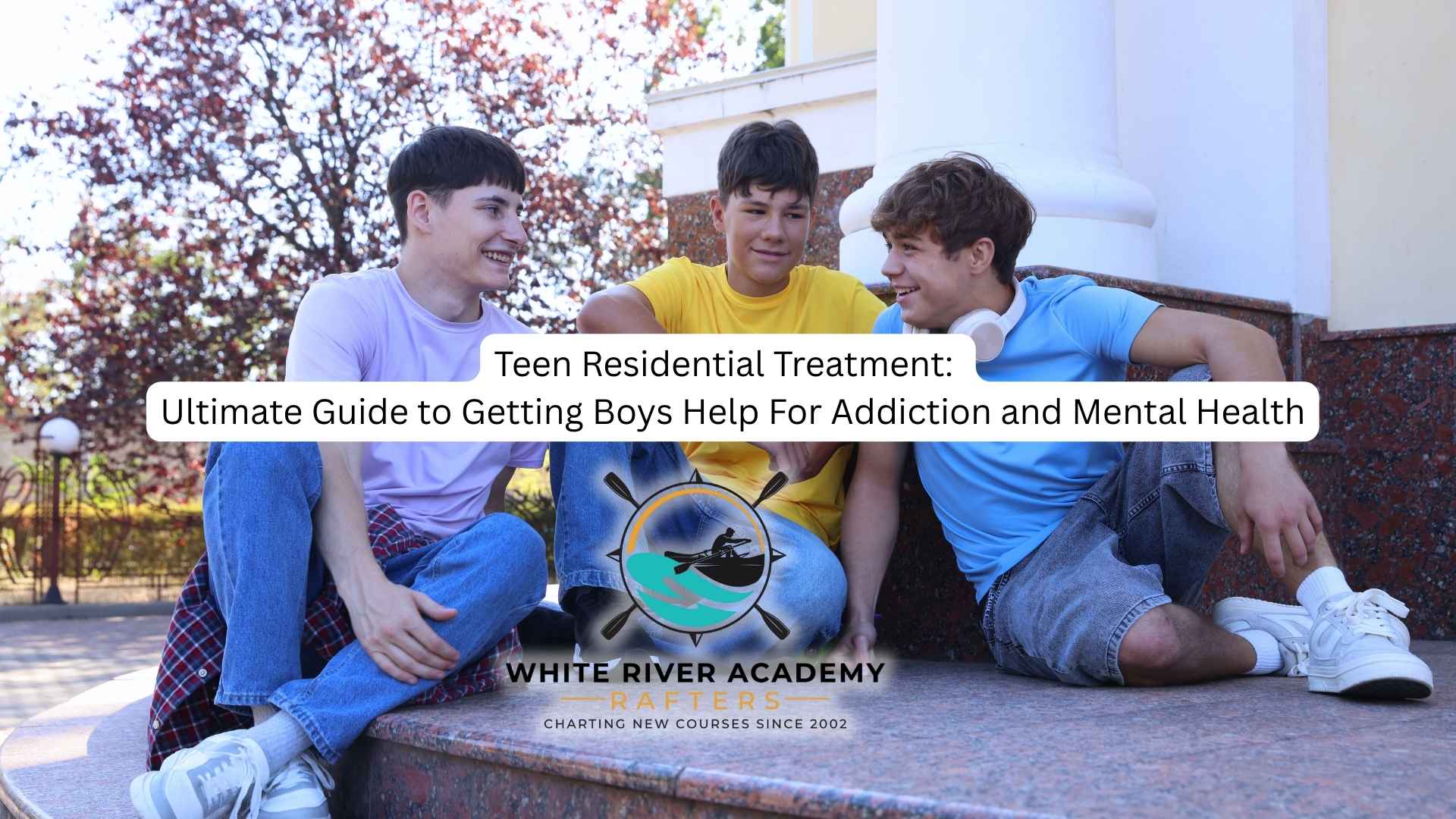Parenting a teenage son often comes with emotional ups and downs, but when his behavior becomes excessively self-centered, dismissive, or entitled, it can create deeper challenges at home. Recognizing the difference between normal teenage behavior and concerning narcissistic tendencies allows parents to approach the situation with greater understanding and structure.
This article explores the underlying causes of narcissism in adolescent boys and offers practical, evidence-based strategies to help parents navigate these behaviors effectively.
Understanding Narcissistic Behavior in Teenage Boys
While some level of self-focus is typical during adolescence as teens develop independence and identity, ongoing patterns of arrogance, lack of empathy, or manipulation may signal emerging narcissism.
This personality style exists on a continuum, ranging from normal self-interest to more persistent and disruptive patterns associated with narcissistic personality disorder (NPD). It is characterized by grandiosity, an excessive need for admiration, and an impaired ability to empathize with others. However, not all adolescents displaying self-centered behaviors meet the criteria for a personality disorder.
In teenage boys, narcissism may stem from developmental and environmental influences. The adolescent brain, particularly the prefrontal cortex responsible for emotional regulation and impulse control, is still maturing, which can contribute to egocentric thinking.
Social media exposure and peer comparison often reinforce attention-seeking behaviors, while parenting styles that lack consistent boundaries or overpraise achievement may unintentionally nurture self-centered tendencies. Recognizing these contributing factors can help parents address behaviors with understanding rather than judgment.
Signs Your Teenage Son May Have Narcissism
Identifying narcissistic traits early allows for timely intervention and appropriate support. Common signs include difficulty expressing empathy, an excessive need for attention or validation, and manipulative or controlling behavior. Many young people with selfish tendencies place strong emphasis on their appearance, achievements, or popularity and may react defensively or with anger when challenged.
They often struggle to accept responsibility, instead blaming others for their mistakes or shortcomings. Persistent disregard for others’ boundaries or privacy may also be present. While these behaviors can appear in many adolescents, what distinguishes self-centered traits is their intensity, consistency, and impact on daily relationships. If such patterns cause conflict at home, at school, or with peers, it may indicate a deeper issue requiring structured guidance or therapy.
Effective Strategies for Parents
Set Clear and Consistent Boundaries
Consistency helps establish a sense of security and accountability. Parents should communicate expectations and consequences clearly, then follow through calmly and without emotional escalation. Boundaries teach responsibility and demonstrate that rules apply equally to everyone.
Encourage Responsibility and Accountability
Allowing natural consequences to occur is one of the most effective ways to promote personal responsibility. Instead of rescuing your child from mistakes, focus on helping him reflect on the outcomes of his choices. Logical and respectful discipline, rather than punishment, supports self-awareness and long-term behavioral change.
Promote Empathy and Emotional Awareness
Empathy can be developed through modeling and conversation. Encourage your son to consider how his actions affect others by asking reflective questions or discussing real-life situations. Role-playing and mindfulness exercises can also enhance perspective-taking and emotional control.

Avoid Power Struggles and Manipulative Dynamics
Narcissistic teens may try to engage in arguments to assert control. Parents can maintain composure by staying calm, avoiding reactive debates, and redirecting discussions toward problem-solving. Maintaining emotional neutrality prevents escalation and reinforces parental authority without confrontation.
Foster Healthy Self-Esteem Separate from Grandiosity
Healthy self-esteem is rooted in effort, character, and integrity, not external validation. Praise perseverance, empathy, and honesty rather than appearance or status. Encouraging participation in team sports, volunteering, or creative pursuits can build confidence based on genuine achievement rather than superiority.
When to Consider Therapeutic Intervention
Professional support becomes necessary when selfish behaviors significantly affect your son’s emotional health, relationships, or daily functioning. Warning signs may include extreme defiance, chronic manipulation, academic decline, or aggression. If these behaviors persist despite consistent parenting efforts, a comprehensive evaluation from a licensed therapist or psychiatrist may be warranted. Early intervention through cognitive-behavioral therapy or dialectical behavior therapy for teen boys can help modify unhelpful thinking patterns, improve empathy, and develop emotional regulation skills.
Taking Care of Yourself as a Parent
Caring for a self-centered teen can be emotionally demanding, making parental self-care essential. Establishing personal boundaries, maintaining supportive friendships, and participating in parent groups can help reduce stress. Seeking guidance from mental health professionals or joining family therapy sessions can also provide insight into managing household dynamics more effectively. Staying informed about conceited behavior and adolescent psychology empowers parents to respond with consistency and confidence rather than frustration.
Final Thoughts from White River Academy
While narcissistic traits in teenage boys can be difficult to manage, understanding their root causes and applying structured, compassionate parenting strategies can lead to real progress. Consistently setting boundaries, encouraging empathy, and promoting accountability help young people develop greater self-awareness and emotional balance. For families facing ongoing conflict or distress, seeking professional guidance can provide the tools and support needed for lasting change.
At White River Academy in Utah, we offer comprehensive therapeutic programs designed to help adolescents build emotional intelligence and resilience. Our evidence-based approaches, including Cognitive Behavioral Therapy (CBT) and other specialized modalities, help adolescent boys recognize unhealthy behavior patterns, improve empathy, and strengthen relationships with their families. Through individualized care, academic support, and a structured environment, we guide young men toward personal growth, responsibility, and long-term emotional well-being.




